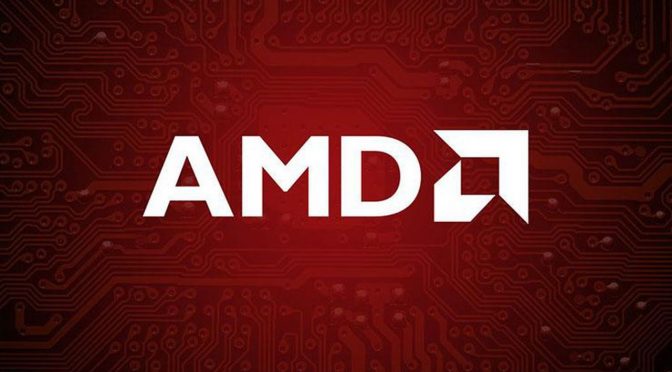AMD has just released a new preview beta driver that enables AMD Fluid Motion Frames on all Radeon RX 6000 series GPUs. By using this new driver, all those owning an RX 6000 series graphics card will be able to enable the driver-based Frame Generation tech that supports all DX11 and DX12 games.
As I wrote in our article about AFMF, I was not that impressed by this driver-based frame generation tech. While it does work when you are standing still or when you’re doing very slow movements, AFMF disables itself whenever you make any medium or quick mouse movements. This makes AFMF useless for the majority of games. After all, you’ll need a performance boost when the framerate drops and that usually happens during combat-heavy action sequences.
Seriously, if some of you so desperately want free frame generation, you can simply enable your TV’s Motion Interpolation and use Anti-Lag to reduce the additional input latency. And, surprise surprise, this “solution” works even with fast mouse movements. Oh, and for those that suddenly love slow mouse movements, your TV Motion Interpolation will look great if you sloooooowly slooooooowly move your mouse. And yes, if you slowly move your mouse, you won’t feel that extra input latency of your TV’s Frame Gen Tech. And you can use it in all games, even if they use OpenGL, Vulkan or DirectX 8. Oh my God, what a breakthrough tech we had in our possession all this time.
But anyway, those interested can download the driver from here.
Players can enable AFMF for any DirectX 11 and 12 game using the per-app settings within AMD Software: Adrenalin Edition. AFMF can also introduce additional latency in games and AMD recommends combining it with AMD Radeon Anti-Lag/Anti-Lag+ for the optimal experience.
Lastly, as we’ve already reported, support for third-party performance monitoring tools is not available at this moment. Thus, in order to measure your in-game performance with AFMF, you’ll have to use the AMD Performance Statistics Overlay.
John is the founder and Editor in Chief at DSOGaming. He is a PC gaming fan and highly supports the modding and indie communities. Before creating DSOGaming, John worked on numerous gaming websites. While he is a die-hard PC gamer, his gaming roots can be found on consoles. John loved – and still does – the 16-bit consoles, and considers SNES to be one of the best consoles. Still, the PC platform won him over consoles. That was mainly due to 3DFX and its iconic dedicated 3D accelerator graphics card, Voodoo 2. John has also written a higher degree thesis on the “The Evolution of PC graphics cards.”
Contact: Email

